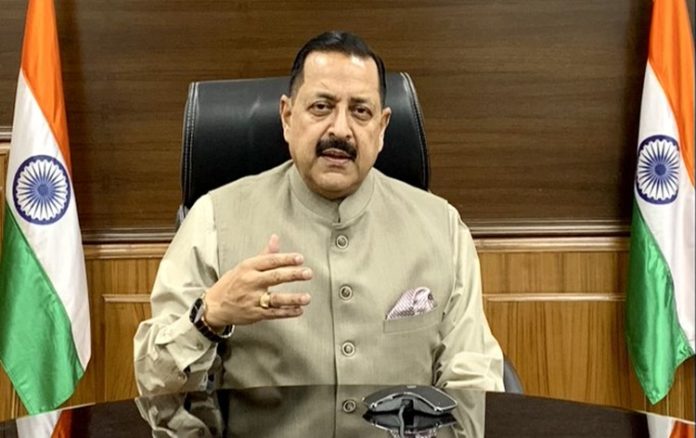Union Minister Jitendra Singh has informed that the government has approved the proposal for the establishment of a new spaceport in Tamil Nadu’s Kulasekarapattinam for carrying out the launches of the Small Satellite Launch Vehicles (SSLV) developed by ISRO, according to a statement issued by the Department of Space today.
Earlier ISRO chief after a visit to the site had said, “Kulasekarapattinam is a super location. Satellites launched from here can go directly to the South Pole. He said work on the construction of the new spaceport will begin once the Union Government formally approves the proposal.
A spaceport at Kulasekarapattinam will provide a strategic advantage to ISRO as small satellites launched from the coastal village can fly straight to the south pole without having to go to the southeast side first to avoid Sri Lanka, which has to be done in the case of launches from Sriharikota. The manoeuvre is undertaken to prevent any debris from falling on the land mass of Sri Lanka.
Union Minister of State (Independent Charge) for Atomic Energy and Space, Dr Jitendra Singh today said, “the Indian Space Policy – 2023 has been approved and released in the public domain. The Policy opens up the sector for enhanced participation of Non-Government Entities (NGEs) across the entire value chain of the space economy, while clearly delineating the roles of various stakeholders viz. IN-SPACe, ISRO, NSIL and DOS.
“Indian Space Policy 2023 that has the provision for utilization of spaceport for carrying out launch activities by Non-Government Entities (NGEs), subject to technical feasibility and range safety constraints,” he explained.
In a written reply to a question in the Rajya Sabha, Dr Jitendra Singh said, the Government has set up the Indian National Space Promotion and Authorization Centre (IN-SPACe) as a single-window agency for promotion and authorization of space activities. The budget allocations for IN-SPACe for 2023-24 Rs. 95 crore up from Rs 33 crore in 2022-23.
Dr Jitendra Singh also informed that the Laser Interferometer Gravitational Wave Observatory – India (LIGO-India) project has been approved by the Government of India at an estimated cost of Rs. 2,600 Crore, with Department of Atomic Energy as the Lead Agency. He said, after completion of the project, the LIGO-India will be operated as a national facility for detecting Gravitation Waves and Research in related areas of Astronomy.
Also read: Chandrayaan-3 sends back first photos of Moon as it moves closer




















